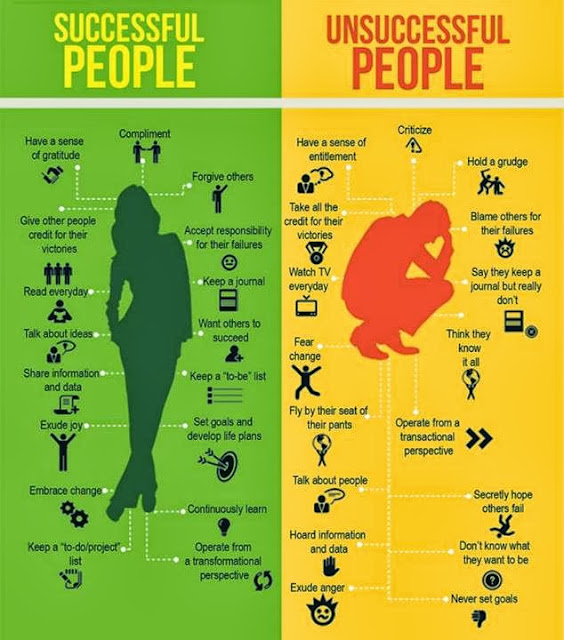Doing Our Bit for Global Warming
Everyone contributes to global emissions of greenhouse gases, but it is not only governments which can take action to reduce the threat of global warming. We all use energy for heating our homes, running electrical appliances, cooking food and driving our cars. Most of this energy comes from the burning of fossil fuels, such as oil, coal and gas, which release carbon dioxide, the main greenhouse gas, into the atmosphere. Despite uncertainties, the general scientific consensus is that increased levels of greenhouse gases as a result of mankind's activities are enhancing the Earth's natural greenhouse effect and causing global warming. Energy use is responsible for about 75% of man-made carbon dioxide emissions. Therefore, it is important to try to reduce our dependence on fossil fuels and reduce energy consumption.
Energy used in the home can be saved by a number of measures, including draught proofing, insulation, and using energy efficient lighting and other household appliances. Although some energy-saving ideas may involve a substantial initial expense, in the long run the reduction in energy consumption saves money through reduced fuel bills. We can also help to reduce the consumption of energy used in manufacturing, by reducing the amount of waste we produce, re-using products, and recycling them where possible. By burying less waste in the ground, we can reduce the amount of methane, another greenhouse gas, given off by landfill sites.
Transport is the fastest growing energy-consumption sector in the world. Cars account for about 20% of worldwide man-made carbon dioxide emissions. The average car user is responsible each year for a weight of carbon dioxide roughly equivalent to the weight of the car. Individual car use can be reduced by choosing alternative modes of travel, including public transport, walking and cycling.

Comments
Post a Comment